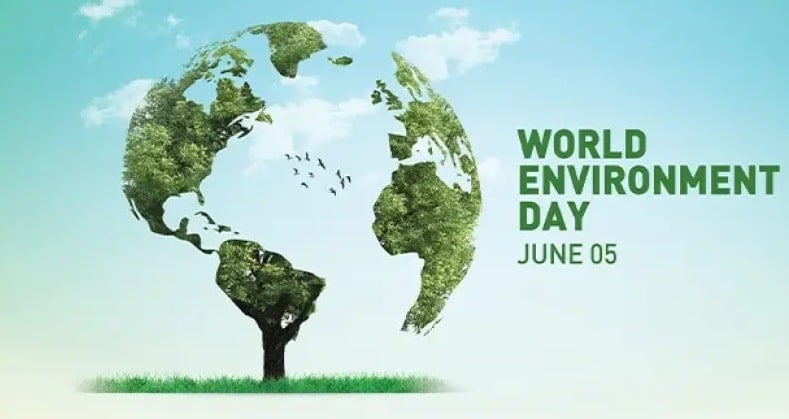

Eleven non-governmental organizations (NGOs) in Greece have sent a joint letter to Prime Minister Kyriakos Mitsotakis ahead of World Environment Day on Thursday, warning of worsening environmental degradation and calling for urgent policy action.
“Greece is changing – but not for the better,” the NGOs wrote, urging the government to accelerate the transition to clean energy, implement coherent land-use planning, and strengthen protections for environmentally sensitive areas.
“Nature is not an obstacle to development. It is the foundation of our existence and a prerequisite for quality of life,” the letter said.
The groups criticized a range of government policies, citing unregulated construction, growing tourism pressures on islands, inadequate wildfire prevention, and continued fossil fuel exploration, including in Natura 2000 protected areas, as signs of environmental backsliding.
They also pointed to Greece’s repeated convictions by the European Court of Justice (ECJ) over environmental violations and accused the government of disregarding its international obligations.
Among the signatories were WWF Greece, Greenpeace, Arcturos, and the Hellenic Ornithological Society.
“The time for action is now,” the NGOs said. “If we want to have a reason to celebrate World Environment Day in the future, we must act today.”
The theme of this year’s World Environment Day calls for action to address plastic pollution. The hashtag #BeatPlasticPollution is part of the global campaign, led by the United Nations Environment Programme (UNEP), aiming to mobilize communities worldwide to implement solutions.
It builds on growing scientific evidence of the impact of plastic pollution and calls for reducing plastic use, reusing it, recycling it, and rethinking our consumption habits.
A report published by the World Wildlife Fund (WWF) in March paints a bleak picture of the plastic pollution that’s taking hold of Greece’s beaches.
From data collected across 192 beaches in the country between 2021 and 2024, none fulfills the minimum threshold of 20 pieces of trash for every 100 meters of coast to be considered clean, according to the relevant European directive.
Instead, WWF’s study detected an average of 464 pieces of trash for every 100 meters of coast, a number that’s multiple times above the minimum requirements. In total, 298,000 pieces of trash were collected for every 100 meters of coast in the 192 beaches studied between 2021 and 2024.
What makes the report’s findings even more worrisome is that the vast majority of trash found (83 percent) is plastic, with cigarette butts holding the top spot, followed by plastic caps, plastic bottles, plastic bags, pieces of styrofoam and others.
In addition, plastic production is a major contributor to the climate crisis. It is among the most energy-intensive industrial processes, accounting for approximately 6 percent of global oil consumption.
Each year, some 11 million tonnes of plastic waste end up in rivers, lakes, seas, and finally, oceans. Plastic breaks down into microplastics—tiny fragments measuring between one nanometer and five millimeters. Such particles have been found in the deepest part of the ocean, the Mariana Trench, as well as on the highest point on Earth – Mount Everest.
Plastic enters the bodies of humans and animals through breathing and ingestion. It is estimated that each person on the planet consumes more than 50,000 plastic particles annually, and much more when inhalation is taken into account. Some studies suggest that nanoplastics smaller than one micrometer can even pass through the skin.
Microplastics also accumulate in soil through sewage, landfills, and the use of plastic in agriculture. One study found that microplastics disrupt photosynthesis, which may threaten food production.
The annual social and environmental cost of plastic pollution is estimated to be between USD 300 billion and USD 600 billion.
